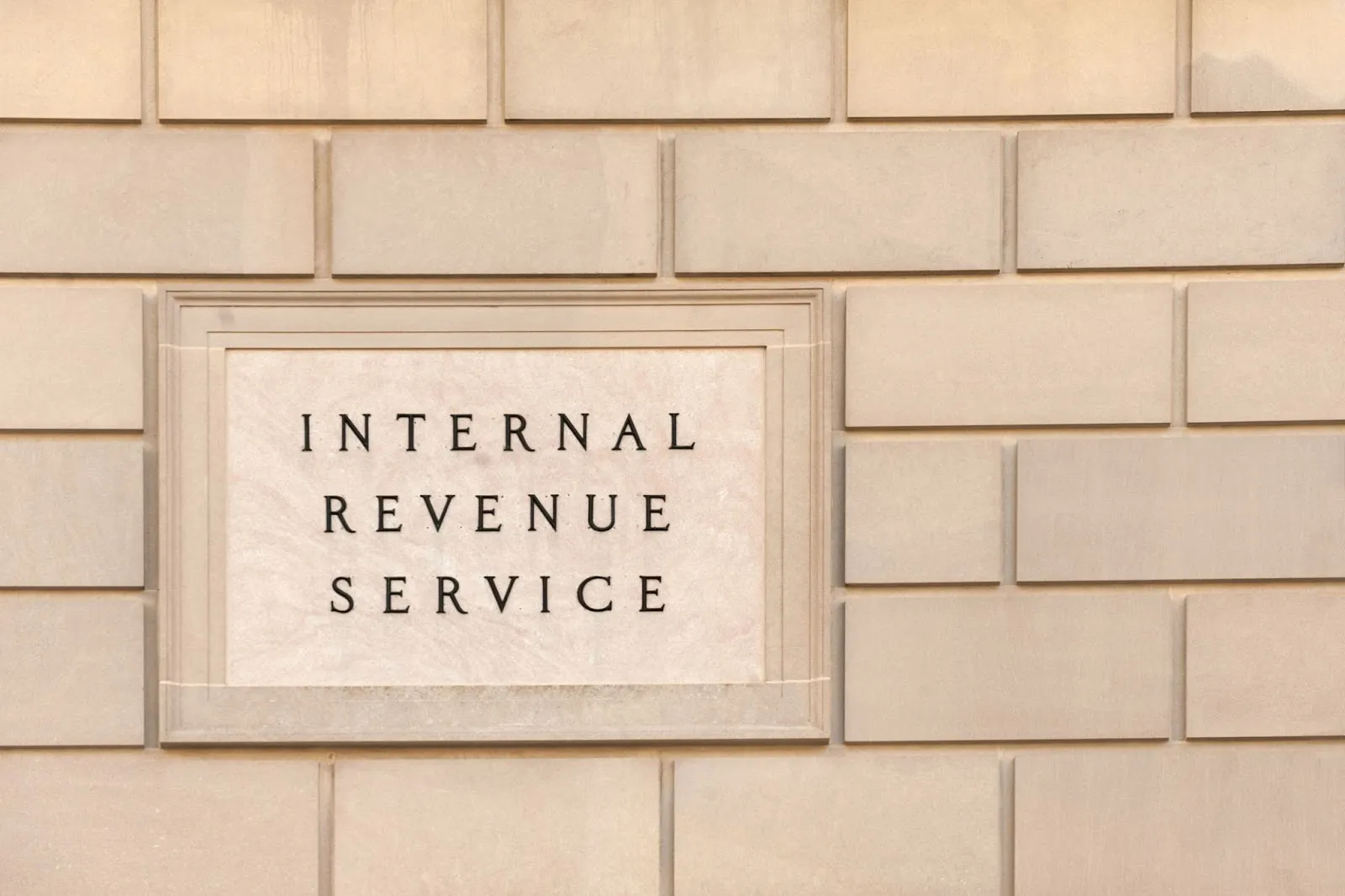In March 2020, when the COVID-19 pandemic shut the country down, the United States Congress passed the Coronavirus Aid, Relief, and Economic Security (CARES) Act. Through employee retention credit options, the Act supported employers and small businesses by providing employee retention initiatives.
Sadly, fraudulent opportunists used to turn this help into harm by developing employer retention credit scams. To protect yourself from falling prey to these unscrupulous predatory tactics or the fallout of filing a false claim, contact a Georgia False Claims Act lawyer from Griffin, Durham, Tanner & Clarkson for help.
Employee retention tax credit explained
The Internal Revenue Service (IRS) defines the Employee Retention Credit (ERC), also called the Employee Retention Tax Credit (ERTC), as a “refundable tax credit for businesses and tax-exempt organizations that had employees and were affected” during the pandemic.
Its purpose was to encourage employees to keep their employees on the payroll when businesses suffered pandemic-related downturns. The credit provided 50% of wages for up to $10,000 and was offered to employers whose businesses were wholly or partially suspended during COVID-19 or whose gross receipts fell by more than 50%.
Understanding employee retention tax credit scams
While intended for business-saving purposes, swindlers have co-opted the ERC. Employee retention credit scam calls, texts, and advertisements have caused severe problems for unsuspecting business owners who fall for them and then find themselves in legal trouble.
Through webpage warnings, the IRS explains the scammers are running “aggressive broadcast advertising, direct mail solicitations, and online promotions for the credit.” These ads look legitimate, appearing on documents formatted as official government letters.
The ads encourage employers to apply for the credit, misrepresenting and exaggerating who qualifies for the ERC. Employers who do not meet eligibility standards and incorrectly claim the credit will have to pay the credit back and could face additional penalties and interest. Even worse, the scammers often use their strategies to steal identities or take a cut of the credit the employer will ultimately have to repay.
The IRS withdrawal process for employee retention claims
The IRS recently declared a moratorium on processing new ERC claims. The Department of Employee Retention Credit Scams has also announced a withdrawal process for employee retention claims. This announcement is good news for employers who may have fallen for CARES Act employee retention credit scams.
The IRS implemented the withdrawal process to help small business owners or others who filed a claim because of scammers’ pressure or misleading tactics. Withdrawn claims will be annulled and treated as though they had never been filed, but not all employers are eligible for the withdrawal option.
Intentional fraud
Employers or small business owners who intentionally filed fraudulent claims or others who assisted or conspired in the fraudulent filing are not eligible for the IRS withdrawal process. Further, they are not exempted from a potential criminal investigation and prosecution.
To protect yourself from fraud accusations and being denied access to the withdrawal option, connect with Griffin, Durham, Tanner & Clarkson, and Georgia False Claims Act lawyer.
Determining eligibility for the IRS withdrawal process
The IRS has established strict guidelines for determining who can withdraw a claim after falling for an employee retention credit scam. Employers must meet all conditions for withdrawal eligibility:
- The claim was made on an adjusted employment return (using specific forms)
- The employer filed the adjusted return to claim the ERC only. No other adjustments were made
- The employer is seeking to withdraw the total amount of the ERC claim
- The IRS has not paid the claim or has paid the claim, but the employer has not cashed or deposited the check
If taxpayers are not eligible for the withdrawal process, they can file an amended return to reduce or eliminate an ERC claim.
Suppose you want to pursue the withdrawal option. In that case, whether you meet the eligibility requirements or need to file an amended return, getting the details right is critical to your financial well-being and legal standing. Do not risk making any accidental errors. Instead, partner with a Georgia False Claims Act attorney who will manage your case, attending to every detail with great skill and experience.
The stakes are high. Trust us for significant results
Despite the IRS’s recent moratorium on processing new ERC claims, scammers are still at work, and employers and small business owners are still at risk. Do not apply for employee retention credit without speaking to an experienced attorney. If you are planning to use it for an ERC claim or have already filed and need to withdraw the claim, contact Griffin, Durham, Tanner & Clarkson at (404) 891-9150 in Atlanta and (912) 867-9140 in Savannah. A Georgia False Claims Act lawyer from our team will help you through the withdrawal process, ensuring full compliance with IRS procedures.

